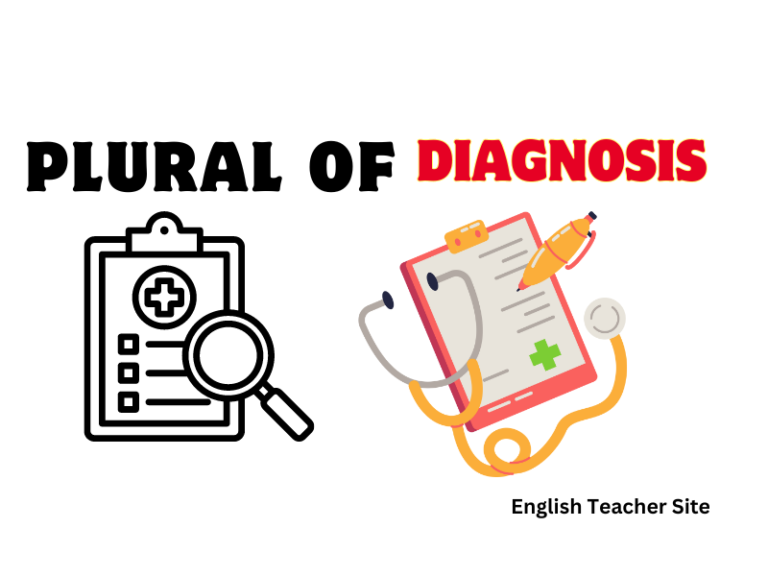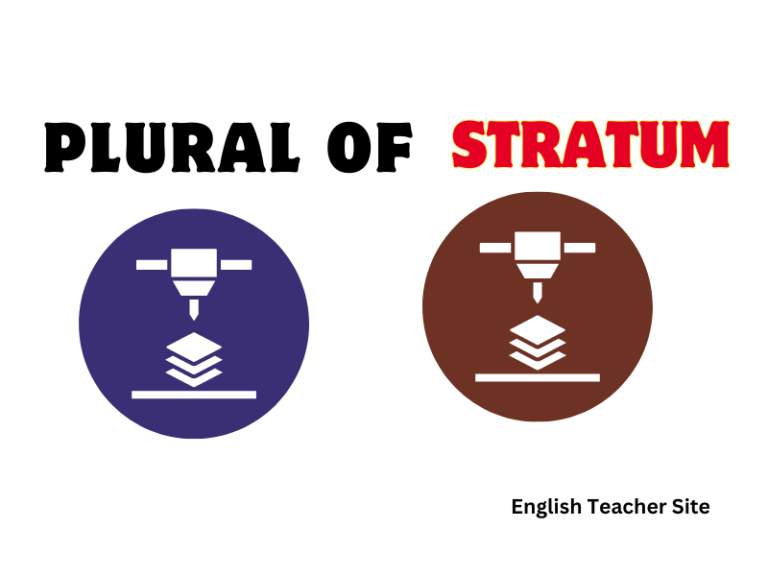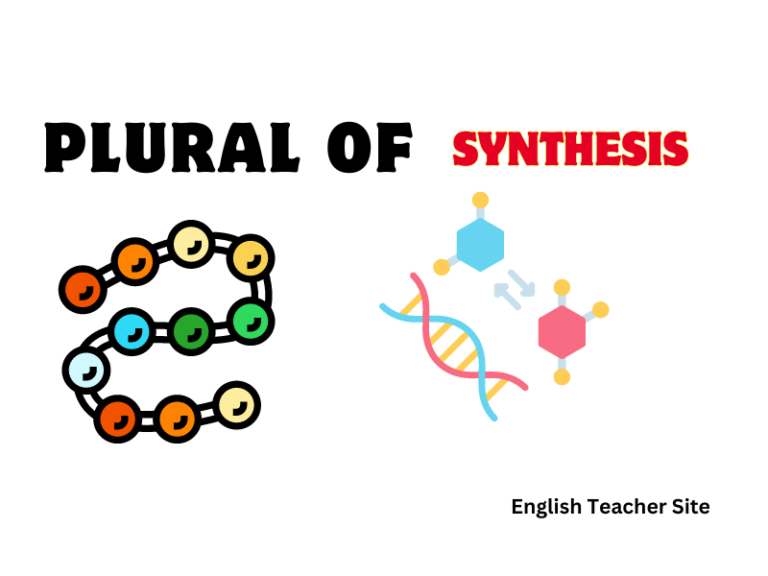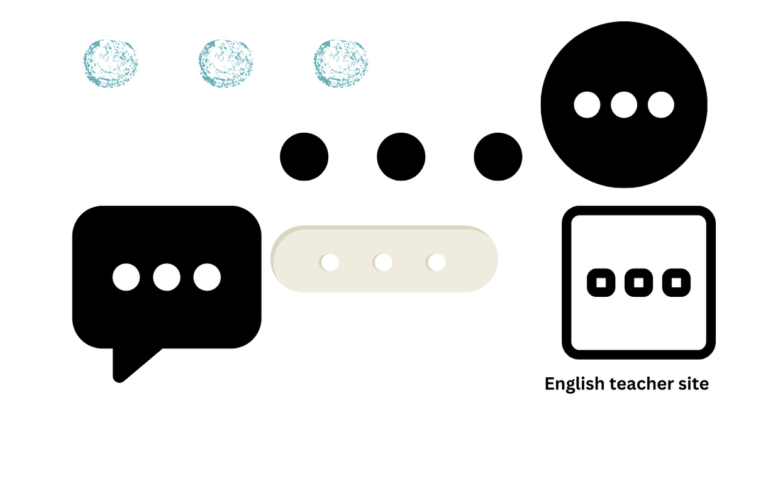Plural of Wharf: Which One Is Actually Correct?
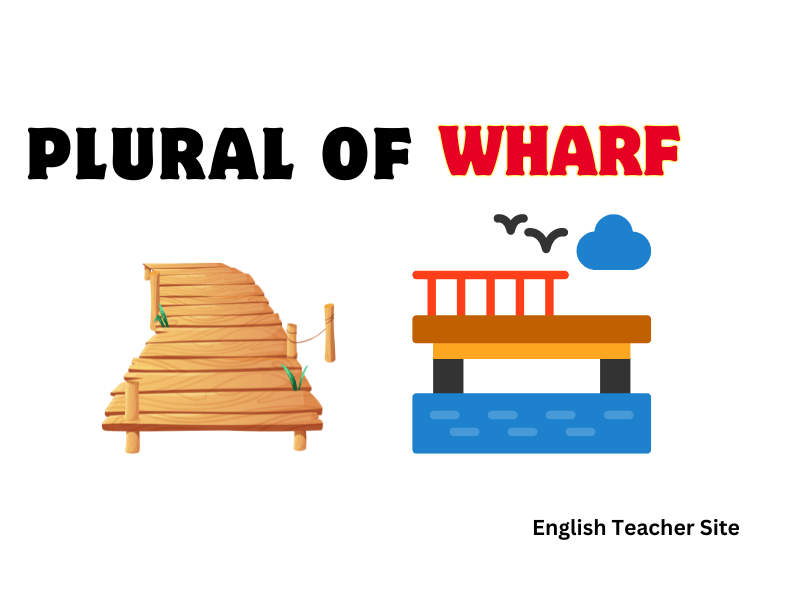
Both “wharves” and “wharfs” are correct plural of wharf.
Why the Plural of Wharf Matters More Than You Think
Precision in language reflects a meticulous mind. Using the correct plural form—whether wharfs or wharves—is a small but telling marker of linguistic competence. Professionals in maritime law, logistics, and architecture often rely on such precision. Even outside of niche fields, attention to grammar reinforces credibility and prevents misunderstandings.
The Basics of Pluralization in English
Regular vs Irregular Plural Forms Explained
In English, pluralization typically follows predictable rules. Regular nouns add an -s or -es (books, boxes). Irregular forms, however, often stem from Old English or borrowings from other languages and defy these patterns. Words like mouse become mice, while child turns into children.
Wharf occupies a curious space between regular and irregular pluralization. Both wharfs and wharves are accepted, leading to confusion even among seasoned writers.
How Old English Still Influences Modern Grammar
The irregular plural wharves reflects the influence of Old English and its Germanic roots. In earlier forms of English, many nouns formed plurals by changing the internal vowel or adding -en endings. Though modern usage has simplified most of these forms, some relics remain. The -ves ending, as seen in wolves or shelves, is a vestige of this linguistic legacy.
Plural of Wharf: Understanding Both Versions
Wharfs vs Wharves: Breaking Down the Difference
At first glance, the distinction between wharfs and wharves appears cosmetic. In fact, they serve the same function: denoting multiple wharf structures. However, wharves is traditionally favored in British English and older American English texts, while wharfs has gained traction in modern American usage.
Both are grammatically correct, but understanding which to use can hinge on your audience.
Why Wharfs Has Gained Acceptance Over Time
As English evolved, regular pluralization gained favor, especially in American English. Adding an -s to form plurals is simpler and often preferred for clarity and consistency. Wharfs reflects this trend. Many modern dictionaries now list both forms without distinction in correctness, leaving the choice to stylistic preference.
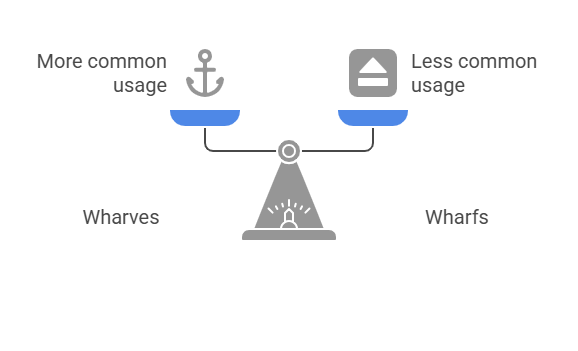
Which One Is Actually Correct?
What Grammar Experts and Dictionaries Say
Authoritative dictionaries such as Merriam-Webster and the Oxford English Dictionary recognize both wharfs and wharves as correct plurals of wharf. Grammar guides often mention that while wharves is the more traditional form, wharfs is perfectly acceptable and increasingly common.
Regional Preferences: British English vs American English
British English tends to maintain traditional forms like wharves, paralleling its usage of scarves over scarfs. American English leans towards the simplified wharfs, in line with its broader trend of favoring simplified spellings and grammatical forms.
Industry Usage: How Maritime Professionals Handle It
In the maritime industry, traditional terms often persist. Many shipping professionals, naval architects, and port authorities use wharves in documentation and reports. However, in casual conversation or modern corporate communication, wharfs appears frequently, reflecting contemporary preferences.
Common Mistakes and Misconceptions
Using Wharves Incorrectly in Modern Writing
One common error is applying wharves universally, even when writing for an audience that predominantly uses wharfs. Understanding your audience ensures you select the form that resonates with their expectations.
Assuming Wharfs Is Always Incorrect
Because wharves has historical precedence, some assume wharfs is a mistake. This misconception can lead to unwarranted corrections. In truth, wharfs is fully recognized and appropriate in many contexts, especially in American English.
The Risk of Overcorrecting Your Grammar
Overcorrecting can result in awkwardness or inconsistency. Switching between wharfs and wharves within the same document can confuse readers. Establish consistency early and stick to your chosen form throughout.
When to Use Wharfs and When to Use Wharves
Casual Conversation vs Formal Writing
In casual speech or informal writing, wharfs is typically acceptable and often preferred for its simplicity. In formal documents, particularly in British English or traditional industries, wharves may lend a tone of gravitas and precision.
Professional Documents and Industry Standards
If drafting contracts, technical documents, or academic papers in fields related to maritime operations, wharves is often the expected standard. It conveys familiarity with industry conventions and respect for tradition.
Academic Writing and Editorial Preferences
Academic publications usually follow specific style guides. If submitting to a British journal, wharves may be required. American publications might accept either form, but consistency remains essential. Always consult the relevant style manual or editorial guidelines.
Tips to Remember the Correct Plural of Wharf
Simple Memory Hacks for Quick Recall
- Wharves aligns with wolves—both traditional plural forms ending in -ves.
- Wharfs aligns with roofs—modernized plural forms ending in -s.
Visualizing these pairs can anchor the correct usage in your mind.
Practice Makes Perfect
Quick Exercises to Test Your Understanding
Fill in the blanks with the correct plural form:
- The sailors tied their boats to the ____.
- Several new ____ were constructed along the river.
- Historic ____ are often preserved as tourist attractions.
Sample Sentences to Apply What You’ve Learned
- The old city still maintains its 18th-century wharves, a testament to its trading past.
- After the hurricane, many of the wooden wharfs needed extensive repairs.
Conclusion
Both wharfs and wharves are correct. Understanding the history, context, and audience allows you to use either confidently and appropriately.
Key Takeaways to Keep Your Grammar Sharp
- Know your audience and the context.
- Be consistent throughout your writing.
- Choose tradition (wharves) or modern usage (wharfs) based on tone and formality.
Language is a living, breathing entity. Precision matters, but so does adaptability. Whether you prefer wharfs or wharves, mastery lies in knowing when—and why—you choose one over the other.
Sources
My name is Khamis Maiouf. I am the creator of the English Teacher Site, dedicated to providing valuable resources and insights for students around the world. With a passion for education and a commitment to helping students enhance their skills, I aim to make English teaching more effective and enjoyable for both educators and students.

